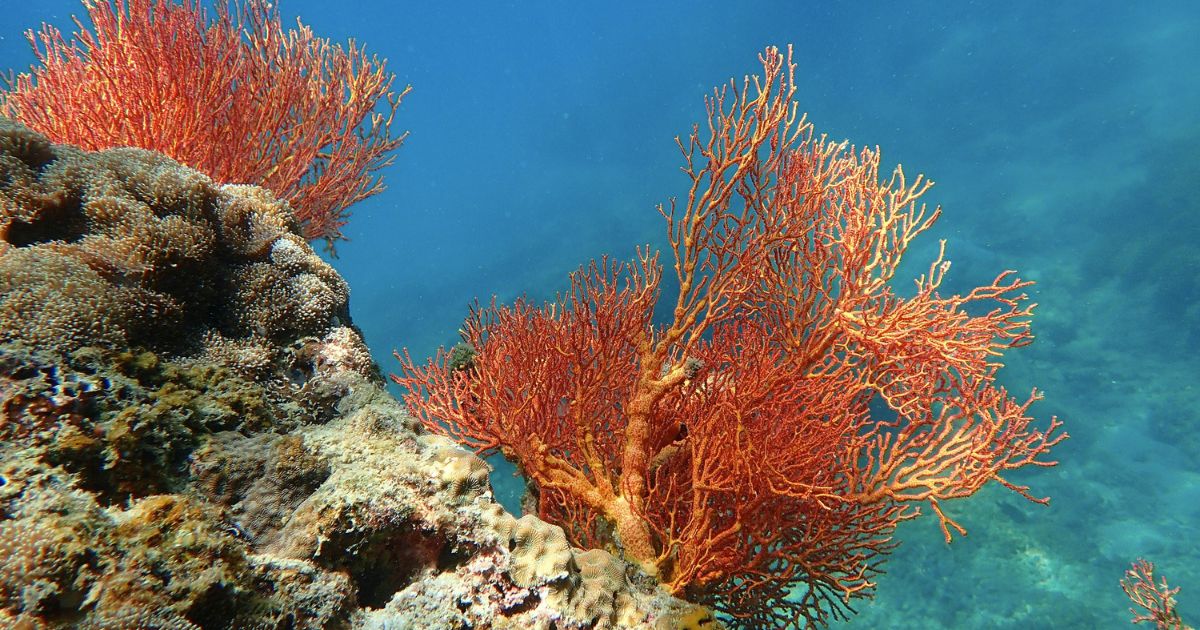Sónia Seixas on the Biosphere program
Researcher Sónia Seixas took part in the most recent episode of RTP's “Biosfera” program, dedicated to the theme “Corals, Treasures of the Ocean”. The episode discusses the importance and fragility of these marine organisms, pointing out that by 2050 the world could lose up to 90% of its coral communities, making reefs the most vulnerable ecosystems on the planet. 
The cold-water corals that live on most of the Portuguese continental shelf don't have the symbiotic relationship with algae that shallow-water tropical corals do. “They live deeper because they don't depend on light. They even live in areas of penumbra, often called the Twilight zone,” explained the MARE researcher.
Among the examples presented, the researcher highlighted the red coral, which occurs on the Algarve coast, off Sagres and Lagos, and which is traditionally used to create jewelry and ornamental objects. “This one has actually started to disappear,” she warned.
Another highlight was the species Dendrophyllia ramea, known as “the only coral that smells of aniseed” on the Portuguese coast. This species begins to appear between 30 and 40 meters deep and has been the subject of worrying discoveries. In places like Cascais and Sines, it has been observed that these corals are incorporating marine waste, such as fishing nets, into their skeletons. “As corals are very slow-growing, these have to be nets that have been left in the sea for many years. And given that fishing nets are increasing at sea, this case is very worrying,” he said.
The researcher also stressed the importance of environmental awareness and education among fishing communities. “We're trying to see if we can do some education projects, so that when they go to take them out of the net, they put them back in the water to see if they at least recover,” she explained, adding that, depending on how they fall, some of the corals can survive and continue to feed on the organic particles that fall into the deep ocean.
Despite the challenges, Sónia Seixas made a point of stressing that this is not an opposition to fishing, but a defense of sustainable practices: “We are not against fishing in any way. What we want is for fishing to be done in a sustainable way that allows fishermen and us to continue eating fish from the oceans, and for the ocean to be self-sufficient and healthy.”
The researcher's participation in the program reinforces the call for urgent measures to protect marine ecosystems, at a time when humanity seems to be in a real race against time to save coral reefs.
To watch the episode click HERE
Written by Patrícia Carvalho
